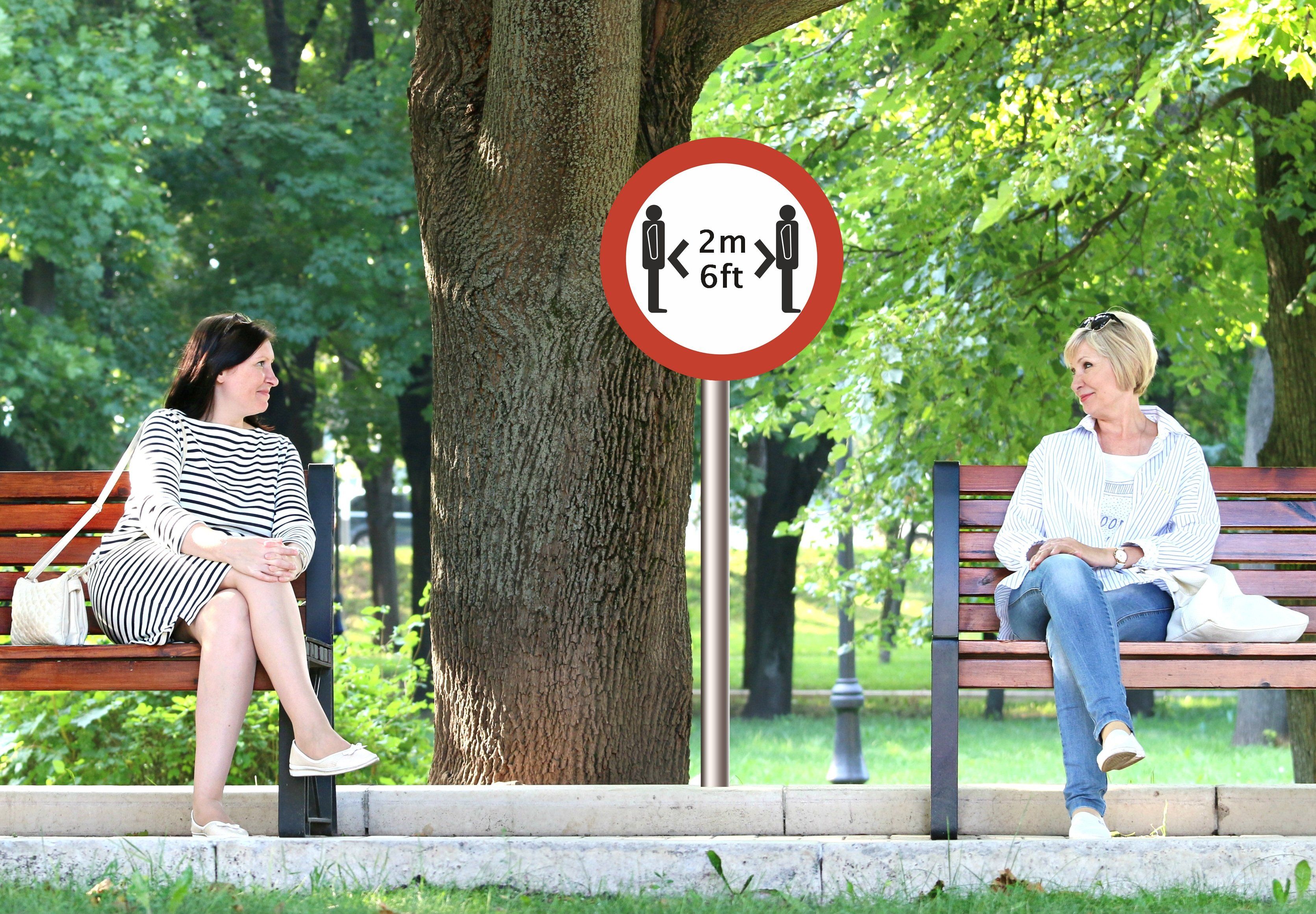According to Newsweek, a study from the market
research firm Nielsen reported that alcoholic beverage sales had increased by
55 percent as of March 21.
Hard liquor especially, such as tequila and gin, has
been selling out as of late. Sales of spirits have gone up by 75 percent
compared with 2019 sales. Beer is also a crowd favorite, with sales up 66
percent.
Nielsen's VP of beverage alcohol, Danelle Kosmal,
expects that the week ending March 21 "featured the strongest growth rates
that we will see during this consumer pantry-loading time.
"Data for the week ending 28 March will be very
telling, and I think it will be a better indicator of the new normal in how
consumers are responding to the crisis and their new normal, centered at
home," he said.
A wine and spirits store in New York City recently shut
down its brick-and-mortar store and is only offering deliveries as of late. Though
giving no precise data on the extent of their recent growth of sales, this
store, known as Astor Wines & Spirits, is nonetheless encountering a
massive increase in sales on wines and spirits galore.
Rob Fischer, CEO of the popular NYC alcohol outlet, explained to Newsweek, "We have a physical store, but we don't allow customers to come into the store, to walk around and shop. They can only place deliveries, which are driving a big increase [in sales]."

"Our delivery business is very strong," noted Fischer.
"Bars and restaurants are closed, so there's no other real place to get alcohol,
and people are stuck at home with time on their hands, so they're making more
lavish meals and would like to enjoy a nice bottle of wine with it."
Virtual parties and Happy Hours have increased demand
for home-delivery services, Fischer said. "I know there are some people doing
virtual Happy Hours; maybe they need wine for that. People are not comfortable
going out, so if they can get a delivery, they'd like to do that." Along with
alcohol, toilet paper, hand sanitizer, and pasta sales have also spiked
recently.
States with the more severe social distancing measures
include New York, California, Connecticut, Washington, Rhode Island, Alaska,
Colorado, Vermont, Michigan, New Jersey, Massachusetts, Nevada, and Hawaii. In
Maine, you can face up to six months in jail and a $1,000 fine if you violate
the stay-at-home order.
New York currently has the highest rate of coronavirus
cases, with more than 76,000 cases, which
have resulted
in 1,700 deaths. They are followed by New Jersey, with 19,000 cases and 265
deaths, then California, with 8,500 cases and 180 deaths.

World Health Organization's advice for avoiding the
spread of coronavirus disease (COVID-19):
Hygiene advice
● Clean hands often with soap and water or an alcohol-based
hand rub.
● Wash hands after coughing or sneezing; when caring for the sick; before,
during, and after food preparation; before eating; after using the toilet; when
hands are visibly dirty; and after handling animals or waste.
● Maintain at least three feet of distance from anyone who is coughing or sneezing.
● Avoid touching your hands, nose, and mouth. Do not spit in public.
● Cover your mouth and nose with a tissue or your bent elbow when coughing or
sneezing. Discard the tissue immediately and clean your hands. Do not discard your elbow.
Medical advice
● Avoid close contact with others if you experience any
symptoms.
● Stay at home if you feel sick, even with mild symptoms, such as headache
and runny nose, to avoid potential spread of the disease to medical facilities
and other people.
● If you develop serious symptoms (fever, cough, difficulty breathing), seek
medical care as soon as possible and contact local health authorities in advance.
● Note any recent contact with others and travel details to provide to
authorities who can trace and prevent the spread of the disease.
● Stay up to date on COVID-19 developments issued by health authorities and
follow their guidance.
Mask and glove usage
● Healthy individuals only need to wear a mask if
taking care of a sick person.
● Wear a mask if you are coughing or sneezing.
● Masks are most effective if used in combination with frequent hand cleaning.
● Do not touch the mask while you have it on. Clean hands if you touch the mask.
● Learn how to properly put on, remove, and dispose of masks. Clean hands after
disposing of the mask.
● Do not reuse single-use masks.
● Regularly washing bare hands prevents the spread of COVID-19 better than
wearing rubber gloves.
● The COVID-19 virus can still be picked up on rubber gloves and transmitted by
touching your face.

